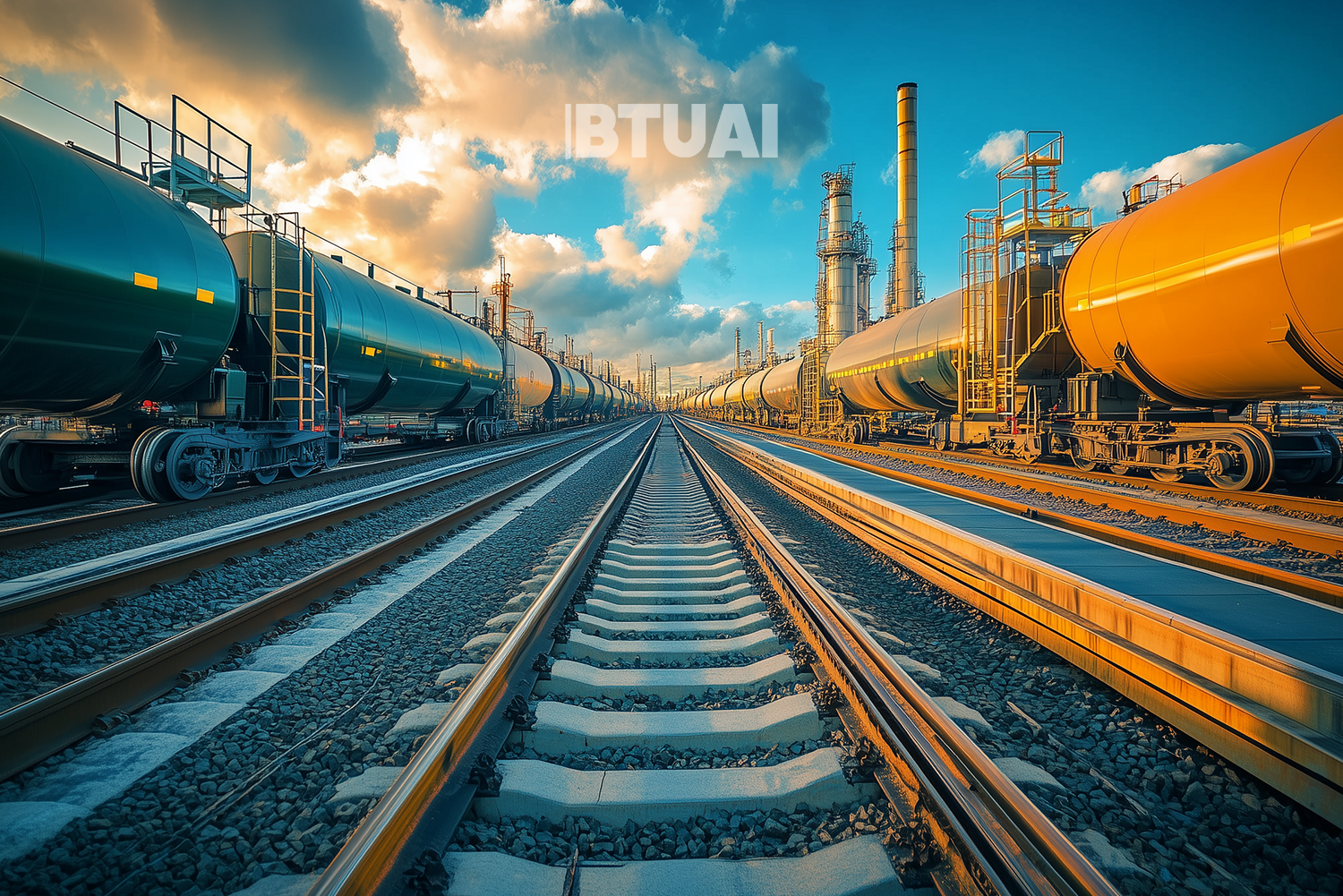Which Countries Are Affected by Ukraine’s Decision to Halt Gas Transit?
Ukraine’s decision to halt natural gas transit from Russia to Europe is expected to have significant economic and geopolitical

Ukraine’s decision to halt natural gas transit from Russia to Europe is expected to have significant economic and geopolitical consequences for both regional and global energy markets. Historically, Ukraine served as a key transit route for Russian gas to Europe. In 2023, approximately 25 billion cubic meters of natural gas flowed through Ukraine, accounting for about 15% of Europe’s gas consumption. However, early data from 2024 indicates a drop to 20 billion cubic meters (source: IEA).
This decision will directly impact countries such as Slovakia, Hungary, and the Czech Republic, which have been heavily reliant on Ukraine’s transit route. Slovakia, for example, sourced more than 70% of its natural gas consumption through Russian imports, most of which came via Ukraine. Hungary’s dependence stood at around 50%, while the Czech Republic relied on this route for approximately 40% of its gas needs.
At the same time, certain countries stand to benefit from the shift in energy dynamics. Norway and Azerbaijan are responding to increased European demand with expanded gas supplies, when Azerbaijan boosted exports through the Southern Gas Corridor.
For countries like Germany and Italy, the impact of Ukraine’s transit halt will be less pronounced due to their diversified energy portfolios. Germany, for instance, has reduced its reliance on Russian gas from 55% in 2022 to just 20%, leveraging increased LNG imports and renewable energy sources. Similarly, Italy and Spain have relatively low dependence on Ukraine’s transit route, with less than 10% of their gas supply linked to it. This diversification has allowed them to better weather the current energy challenges.
On a global scale, the decision is unlikely to have a significant direct impact on natural gas prices. Major buyers in Asia, such as China and Japan, rely heavily on LNG imports and are less tied to the dynamics of Ukraine’s transit route. However, the disruption adds to market instability, potentially causing short-term increases in gas futures prices.
The political implications of Ukraine’s decision are equally significant. This move is part of broader Western pressure on Russia and aims to further weaken Moscow’s strategic influence. Simultaneously, European countries are shifting their political focus away from traditional energy partnerships with Russia, reducing its leverage. However, this strategy could deepen the crisis in EU-Russia relations, contributing to broader geopolitical tensions.
Ukraine’s decision also highlights the urgency for Europe to accelerate energy-saving policies and innovation in alternative energy sources. The EU is prioritizing technologies like hydrogen energy and renewable energy development to strengthen energy security in the long term. These efforts, while requiring substantial investment, may ultimately lead to greater energy independence and sustainability.
In the short term, the halt in Ukraine’s gas transit poses significant challenges for Slovakia, Hungary, and the Czech Republic. Yet, it also pushes Europe closer to achieving energy diversification and independence, potentially reshaping the region’s energy landscape in the years to come.




